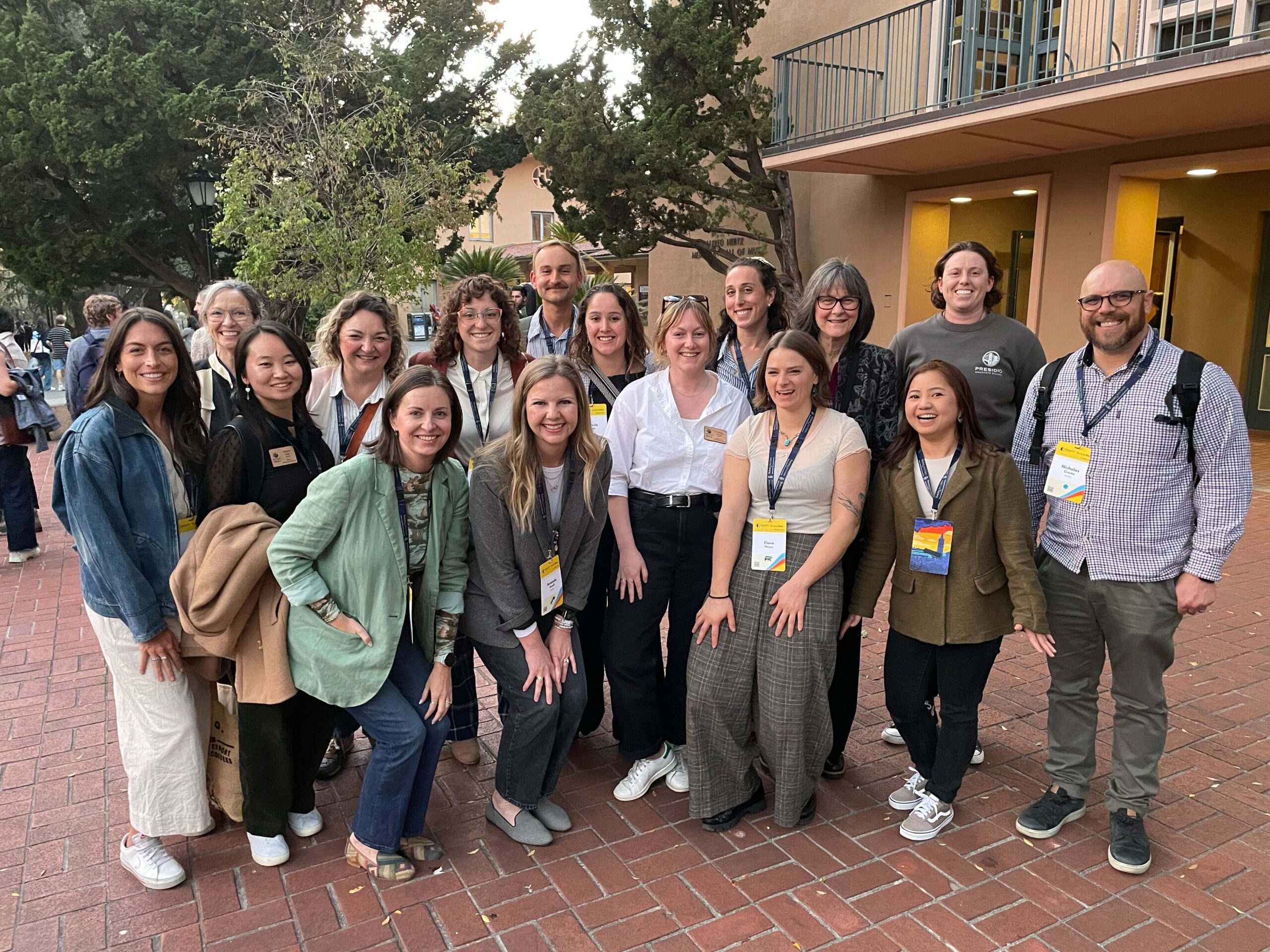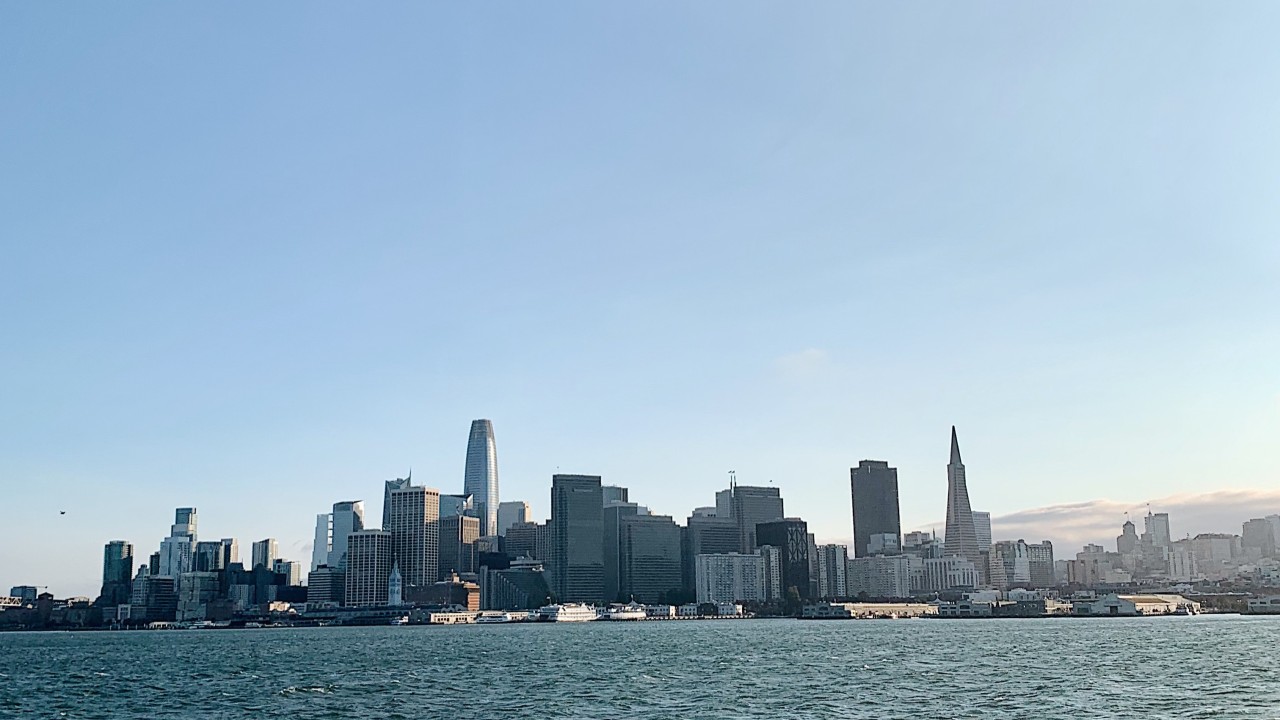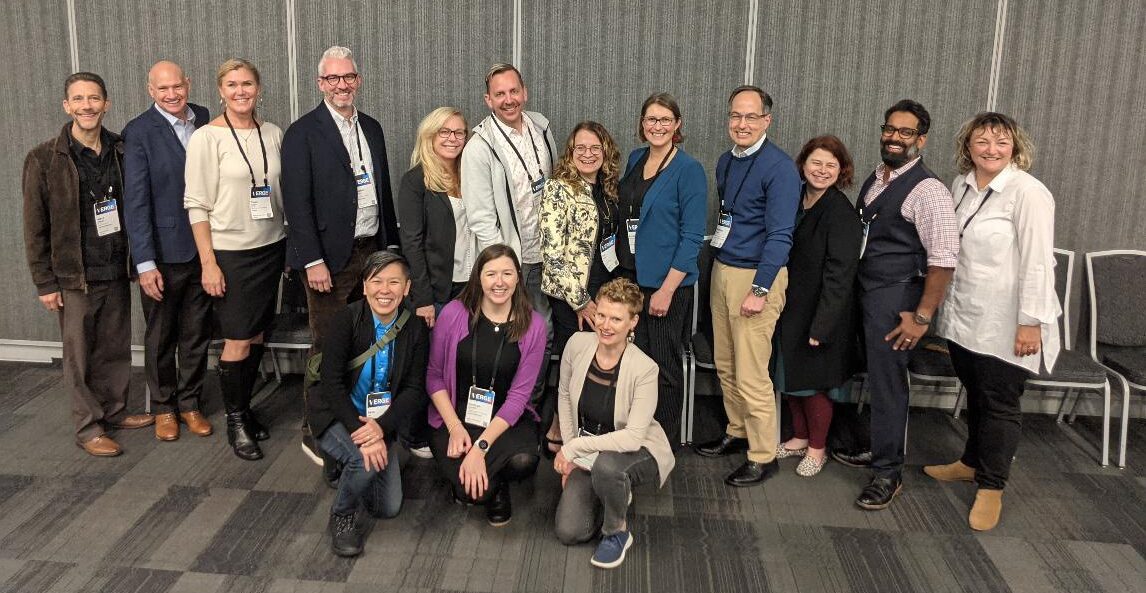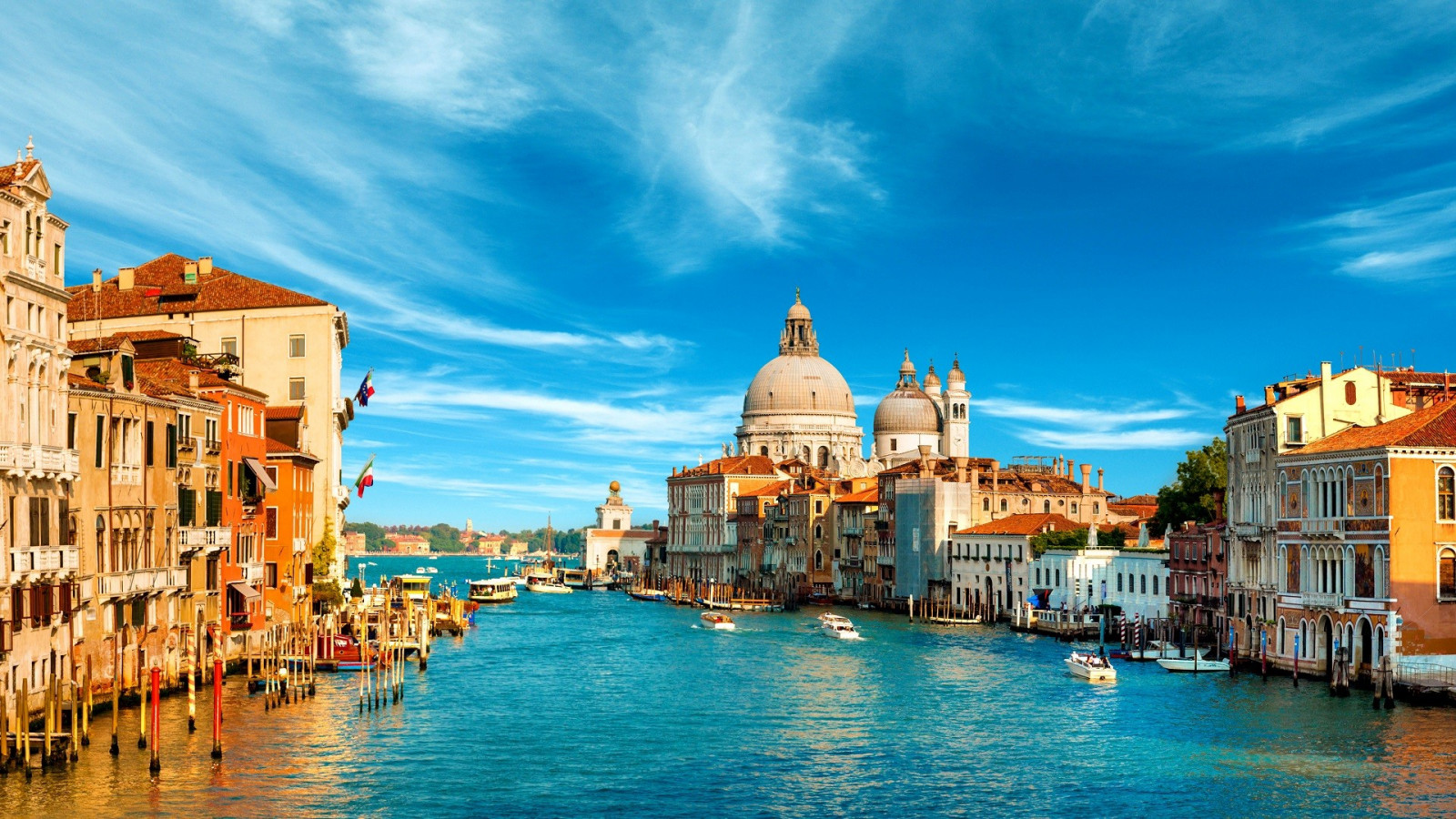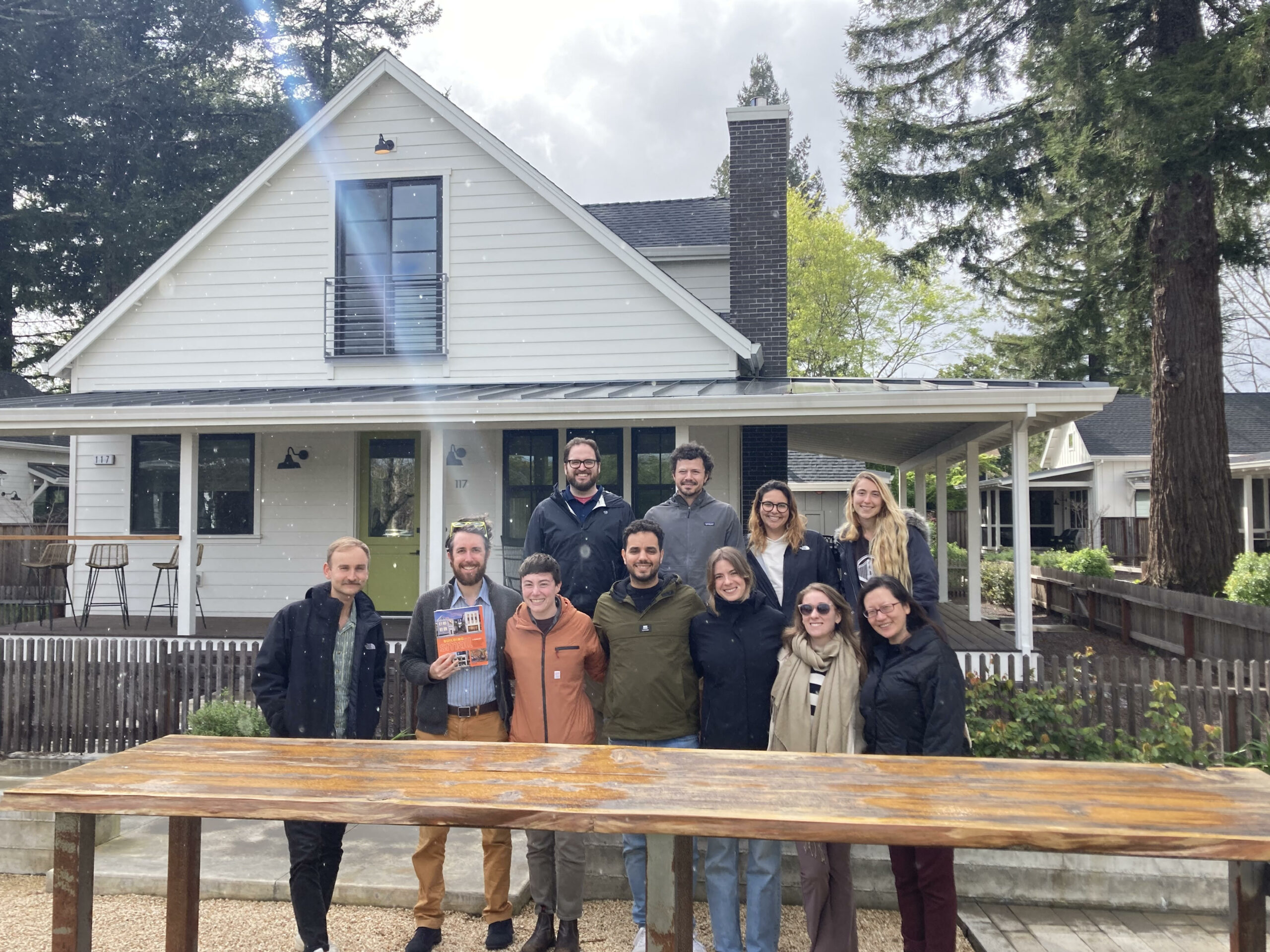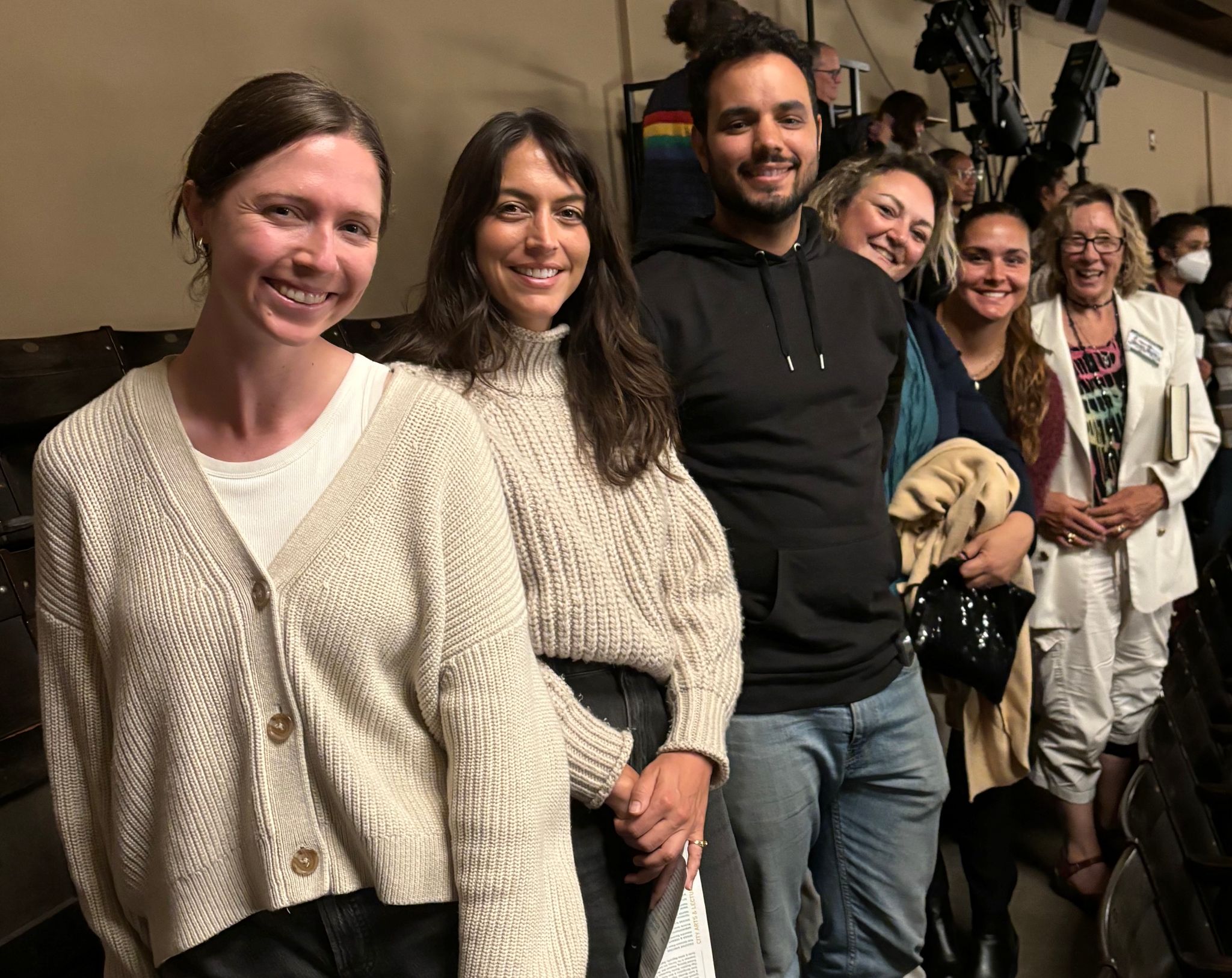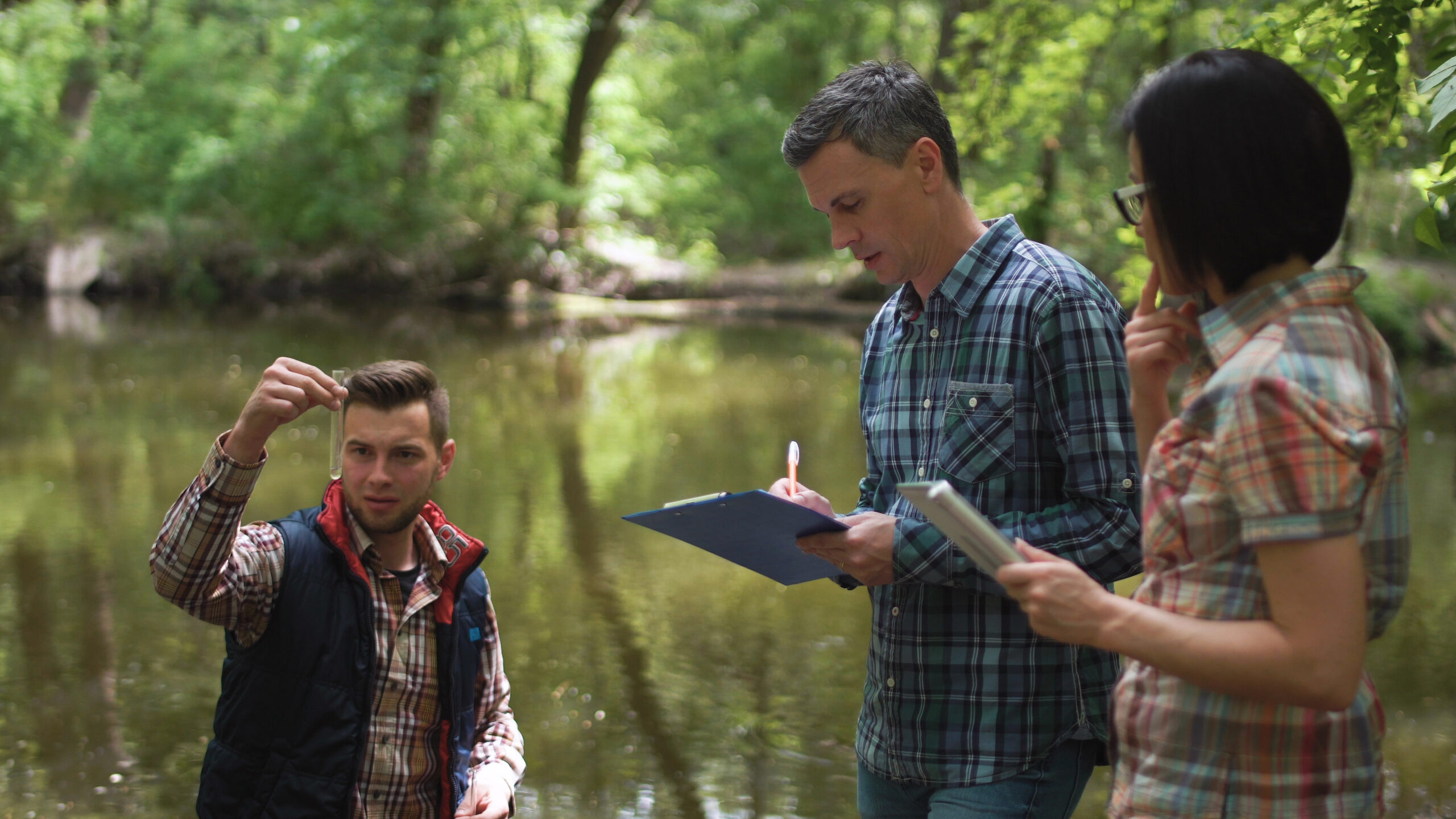Presidian Blog
Presidio Students Connect, Learn, and Lead at ClimateCAP 2025
Earlier this year, a group of Presidio Graduate School students had the exciting opportunity to attend the ClimateCAP: The Global MBA Summit on Climate, Capital, and Business at UC Berkeley’s Haas School of Business. Bringing together over 430 MBA students from 42 universities, ClimateCAP is a dynamic space where tomorrow’s leaders explore how climate change …
The Joy of Commuting
I’ve been thinking about commuting lately. Every few weeks I go to grad school classes on the weekends. Most of the program is online weeknight classes, but once every few weekends there’s an in person “residency” weekend. 9 AM to 5PM for one class, so since I usually take two classes I have class all …
Renewing Hope at Verge 24
As I near the end of my penultimate semester of my MBA in Sustainable Solutions, I’ve been mulling on what brought me to Presidio in the first place. I came because I wanted to change my career. I no longer felt inspired by my day job in HR and I wanted a career that challenged …
The role of ESG in shaping the future of business
Since the COVID-19 pandemic, businesses are increasingly more aware of the impact that social responsibility and climate change has on the longevity of their organizations. As a result, ESG (environmental, social, governance) reporting is becoming more commonplace as consumers and investors alike seek more holistic views of the organizations where they are spending their time …
Presidio student explores European business through immersive course
For Amanda Sewill ’25, education is more than just a means to a degree, it’s a path to make meaningful change. A working professional who has spent years searching for an “impactful degree,” Sewill ultimately chose Presidio for its unique blend of business expertise and focus on sustainability. “It felt like the perfect intersection of …
RiverHouse Field Trip
At Presidio Graduate School (PGS), students and professors continuously seek new ways to transcend the boundaries of a traditional classroom. Professor Brett Wiley’s Planning, Policy, and Economic Development class (PPSED) took this approach when they traveled to Healdsburg, California, for a field trip in Spring 2024. While field trips may seem like a rare occurrence, …
Top 5 Sustainable Business Trends for 2025: What Future Leaders Need to Know
As we approach 2025, sustainable solutions in business are no longer a niche trend; sustainability is necessary for the longevity of society, businesses and organizations, and the environment. As the economic landscape continues to evolve due to changes in the environment, technology, and societal demand, leaders must prioritize sustainable practices to stay ahead of competitors …
A Conversation with Justice Ketanji Brown Jackson
Earlier this semester, the Civic Leadership, Diversity, and Systems Thinking class, along with other Presidians, had the privilege of attending a City Arts & Lectures event featuring Justice Ketanji Brown Jackson in conversation with john a. powell. The evening offered a profound insight into the intersection of law, leadership, and personal values, as Justice Jackson …
Understanding the Role of a Conservation Scientist: Guardians of Our Natural Resources
Conservation scientists are at the forefront of efforts to preserve and sustainably manage the natural resources that are essential for life on Earth. Whether it’s protecting forests, managing rangelands, or safeguarding wildlife habitats, conservation scientists work to ensure that ecosystems remain healthy and resilient in the face of growing environmental challenges. Currently, it’s one of …
The Role of a Climate Change Analyst: Making Data-Driven Solutions for a Sustainable Future
Climate change is a pressing global issue, and addressing it requires expertise, data-driven solutions, and strategic planning. Climate change analysts play a pivotal role in shaping policies, strategies, and actions aimed at mitigating and adapting to climate impacts. Currently, it’s one of the in-demand “green” jobs. But what exactly does a climate change analyst do? …


